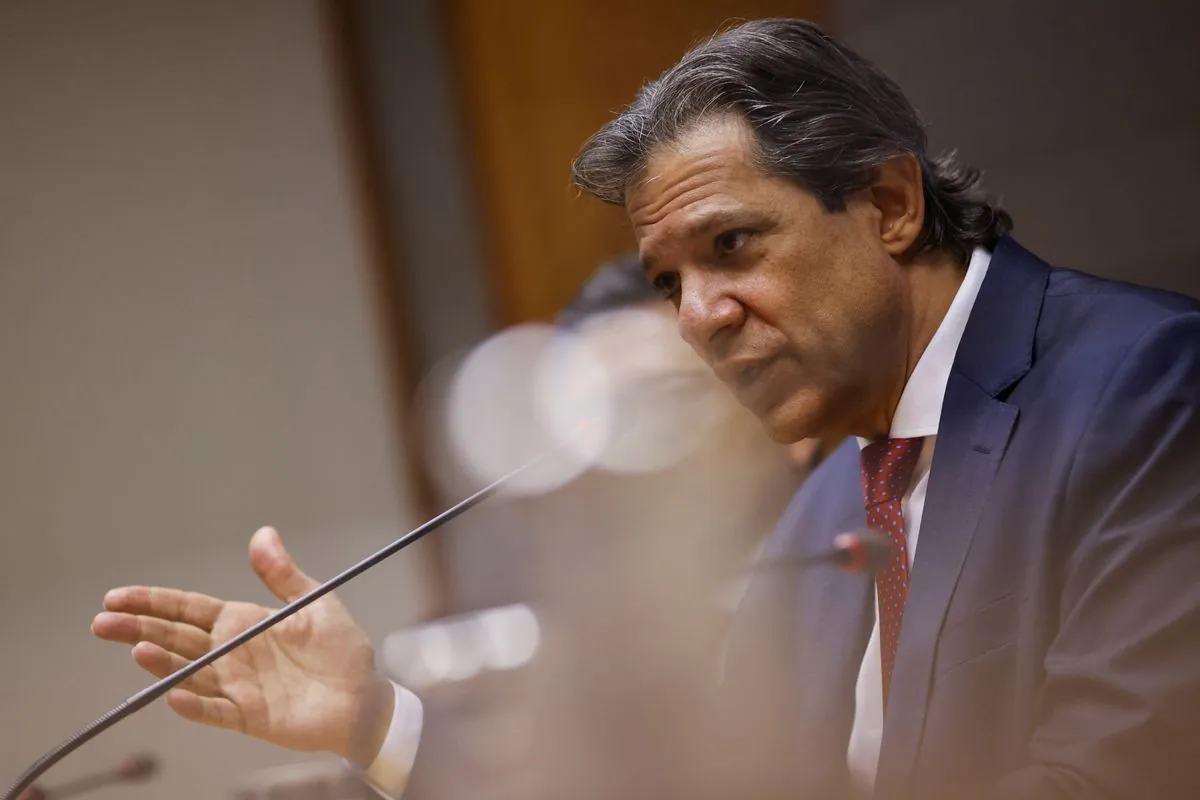In a significant move to bolster its fiscal position and align with global tax standards, Brazil has introduced a minimum 15% tax on multinational corporations' profits. The measure, implemented through an executive order published in the country's official gazette on October 3, 2024, marks a crucial step in the nation's efforts to increase revenue and combat tax evasion.
The executive order modifies Brazil's social contribution tax on corporate income (CSLL), ensuring a minimum taxation of 15% on profits of multinational companies operating in the country. This adjustment comes as Brazil, the largest economy in South America, seeks to address its fiscal challenges while adhering to international tax norms.
Luiz Inácio Lula da Silva, Brazil's president, signed the order as part of the country's commitment to the OECD/G20 Inclusive Framework on Base Erosion and Profit Shifting (BEPS). This global initiative, involving over 140 countries and jurisdictions, aims to tackle tax avoidance strategies that exploit gaps in tax regulations.
The timing of this move is particularly significant, as Brazil currently chairs the G20, a group representing about two-thirds of the world's population and 85% of global GDP. By implementing this tax measure, Brazil demonstrates its dedication to addressing global economic challenges and fostering fair taxation practices.
Brazil's Finance Ministry is expected to provide more details on the anticipated additional tax revenue resulting from this measure. A press conference scheduled for October 4, 2024, will likely shed light on the government's projections and the broader implications of this tax reform.
It's worth noting that Brazil's tax system has long been known for its complexity, with multiple layers of federal, state, and municipal taxes. This new measure comes as part of ongoing efforts to simplify the system and attract foreign investment. Despite having one of the highest corporate tax rates in Latin America, at around 34% before this new measure, Brazil's tax-to-GDP ratio remains lower than the OECD average.
The implementation of this minimum tax aligns with Brazil's recent joining of the OECD in 2023, becoming its 38th member country. This membership has further motivated Brazil to align its economic policies with global standards and best practices.
While the executive order has immediate effect, it must be approved by lawmakers within four months to avoid expiration. This process, typical for Brazilian "Medidas Provisórias" (Provisional Measures), allows for legislative scrutiny and potential adjustments to the policy.
As Brazil continues its efforts to digitally transform its tax administration and improve efficiency, this new tax measure represents a significant step towards modernizing the country's fiscal framework and contributing to global efforts in combating tax evasion.
"Brazil adapts to the Global Anti-Base Erosion Rules (GloBE Rules) elaborated by the OECD/G20 Inclusive Framework on Base Erosion and Profit Shifting."
The success of this tax reform will be crucial for Brazil's ambitious goal of reducing its fiscal deficit to zero by 2025. As the world's 9th largest economy by nominal GDP and a key player in the BRICS group of major emerging economies, Brazil's actions in tax policy have far-reaching implications for global economic dynamics and international corporate taxation practices.
